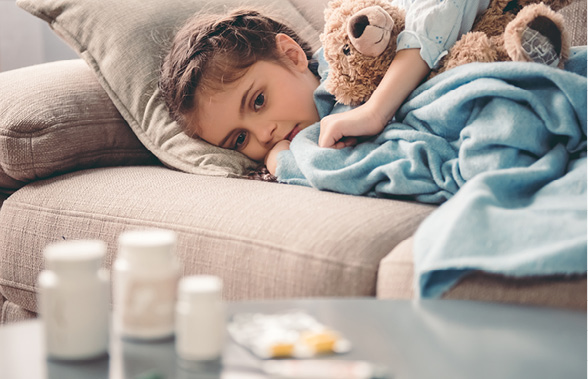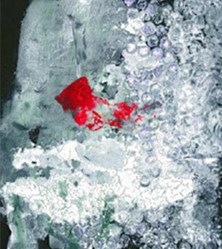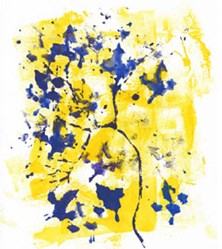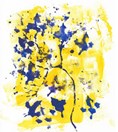Managing symptoms
Your child may have symptoms that are part of their illness. They may also have symptoms that are caused by the treatment for the illness. Tell your healthcare team about any symptoms that bother your child.

Your team may not be able to get rid of all symptoms but they should be able to help make most symptoms feel a bit better. Even if your child’s illness can’t be cured or treated the healthcare team can help manage the symptoms. This approach will hopefully allow your child to feel better and do more of the things they enjoy.
Some common symptoms that children with a serious illness might have include:
- Pain - Signs of pain are different for children of different ages and different personalities. Your child might cry, seem tense, not like to be touched, be quieter, or guard parts of their body that hurt.
- Irritability - Your child might be more easily upset by little things or be cranky or grumpy.
- Problems with sleep - Your child might sleep more, sleep less, or wake up in the night.
- Fatigue - Your child might be fatigued or more tired because of one or more of the symptoms they have.
- Change in eating - Your child might eat more or less or they might not like the food they used to like. They might have trouble chewing or swallowing.
- Nausea - Your child might feel sick or throw up.
- Anxiety - Your child might worry, have trouble concentrating, or be afraid to be alone. Younger children might say they have a sore stomach or don’t feel well.
- Mood or personality change - Your child might act differently than they normally do. They might not be interested in activities they used to like doing.
- Regression - Your child might stop doing things they know how to do and act younger than their age. For example, a toddler might want to be carried more. An older child might use “baby talk”.
Tell your healthcare team about any symptoms that bother you or your child. The team will try different ways to make your child feel better. They will use a mix of ways to help that are sometimes called the 3Ps approach:
- Physical - Use hot and cold packs, or massage. Suggest changes to your child’s surroundings to make them more comfortable like lower lighting, a special bed, chair, or other aids.
- Psychological - Teach strategies like deep breathing or guided imagery. Provide art or music therapy or counselling. Suggest activities that will distract your child or make them feel happier.
- Pharmacological (medicine) - Suggest over-the-counter medicines or prescribe stronger medicines if they are needed. Sometimes there are trade-offs with different kinds of medicine. For example, if your child takes medicine to sleep, it might be harder for them to get up on time for school. Your healthcare team can help you decide how to balance these issues.
The best way to manage symptoms is always by treating the underlying cause - the disease. But if your main healthcare team has trouble doing so, the palliative care team may be able to help. Palliative care specialists have expertise in managing pain and other symptoms of serious illness even when the ability to treat the disease is limited. They will work with you, your child and your healthcare team to find ways to provide comfort and a better quality of life for your child.
Read more












